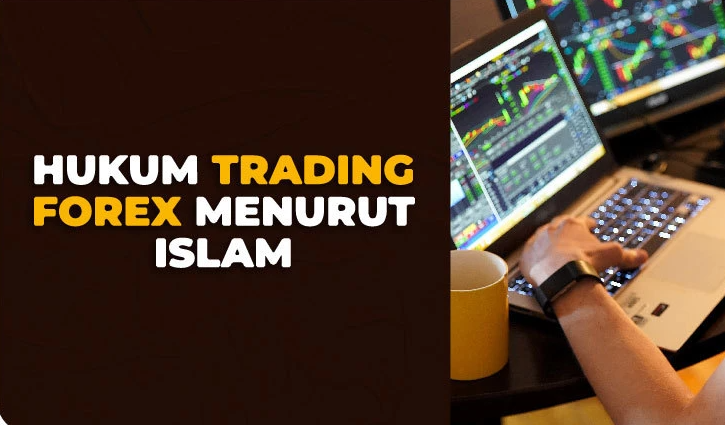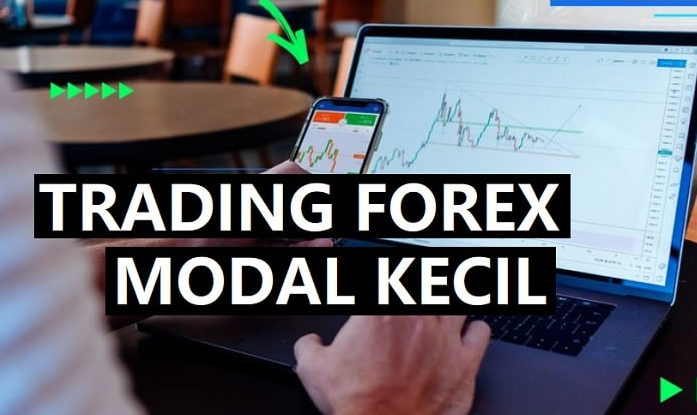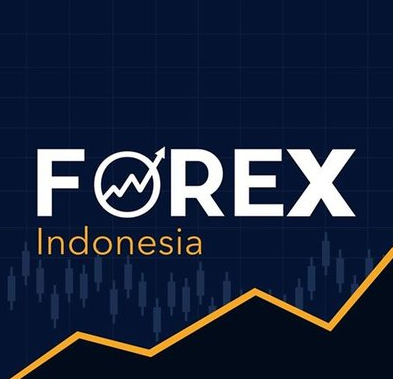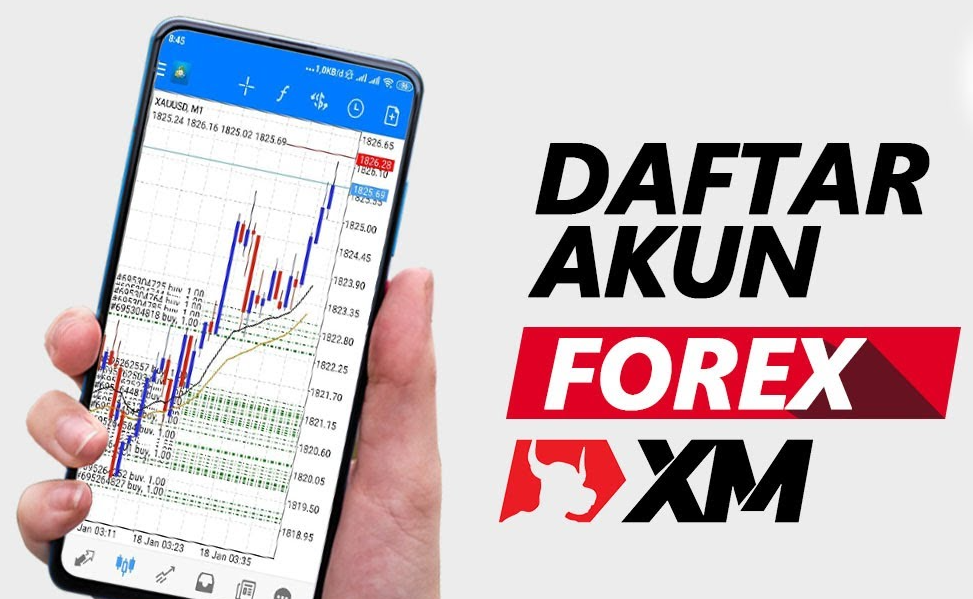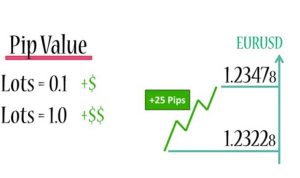When it comes to global financial markets, open market forex is a term you’ll often encounter. It refers to the worldwide, decentralized market where currencies are traded. This market is open 24 hours a day, five days a week, offering endless opportunities for traders and investors alike.
The open market forex is not just for banks and financial institutions. Individual investors and traders can also participate, buying and selling currencies based on their valuation predictions. It’s a dynamic, exciting market where fortunes can be made – and lost.
Understanding the Basics of Open Market Forex
What is Open Market Forex Trading?
At its core, open market forex trading is about buying one currency while simultaneously selling another. This is done with the hope that the currency you buy will increase in value compared to the one you sold, resulting in a profit.
How Does the Open Market Forex Work?
Trading in the forex market is based on currency pairs, such as the US Dollar against the Euro (USD/EUR). The first currency listed (USD in this case) is the base currency, and the second one (EUR) is the quote currency. The forex market indicates how much of the quote currency is needed to purchase one unit of the base currency.
Diving Deeper into Open Market Forex
The Role of Global Events
Global events play a significant role in shaping the open market. Political instability, economic reports, and changes in interest rates can all affect the value of a currency.
Managing Risk in Forex Trading
Given the volatile nature of the forex market, risk management is crucial. Traders often use strategies such as stop-loss orders to limit potential losses.
Forex Market Analysis
There are two primary methods of analyzing the forex market: technical analysis and fundamental analysis. Technical analysis involves studying price charts and statistical trends, while fundamental analysis involves evaluating a country’s economic indicators.
Conclusion and Suggestions
The open market is a vast, dynamic marketplace with potential for significant profits – and substantial losses. Understanding how it operates, the factors that affect currency values, and how to manage risk is essential for anyone considering forex trading.
Education is Key
Before diving into forex trading, educate yourself. Understand the basics, learn about the different strategies, and familiarize yourself with the tools available for trading and analysis.
Practice Before You Trade
Many online platforms offer demo accounts where you can practice trading with virtual money. This can be a great way to gain experience and build confidence before trading with real money.
Stay Updated
Keep up to date with global events and economic news, as these can significantly impact currency values. Also, continually reassess your trading strategies and make adjustments as necessary.
In conclusion, the open market forex can be an exciting and potentially profitable venture, but it’s not without its risks. Approach it with knowledge, preparation, and a solid understanding of risk management, and you’ll be well on your way to becoming a successful forex trader.



